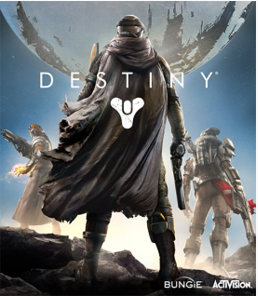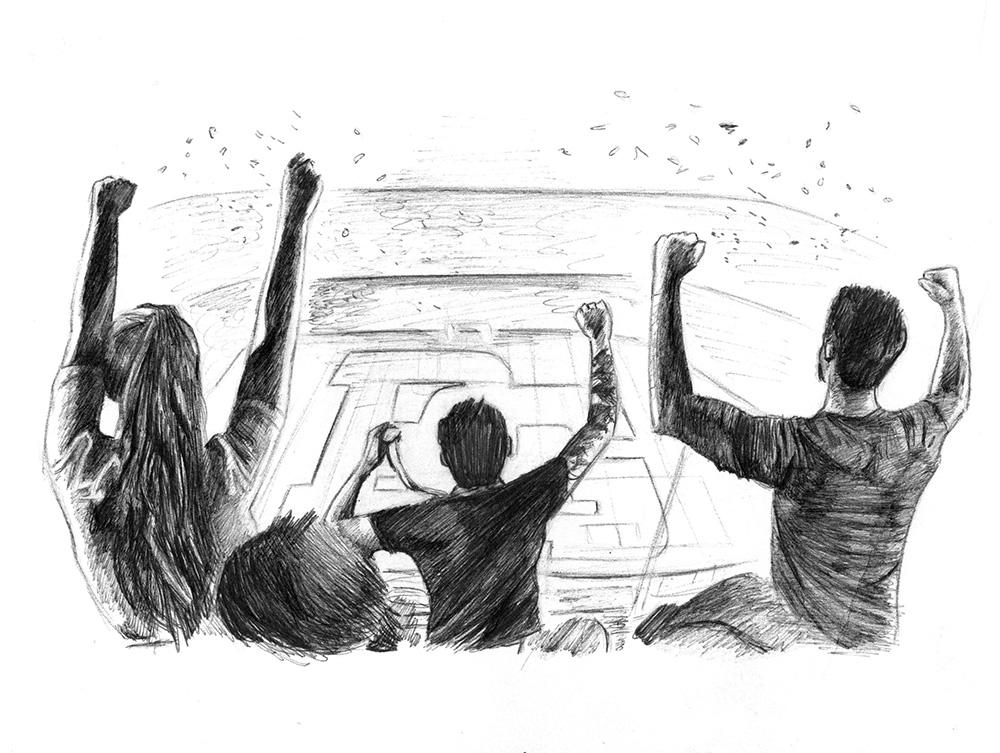
Bungie, known for their work on the blockbuster Halo franchise, is a prolific name in the video game industry. They pioneered the modern sci-fi first-person shooter, a genre niche that has become obscenely popular, so expectations ran high when the developer announced it would be gifting the Halo series to 343 Studios in order to pursue new interests. Those “new interests” surfaced in the form of Destiny, an ambitious project that is slated to be Bungie’s flagship franchise for the foreseeable future.
However, Destiny’s reveal was plagued with a number of curiosities that did not bode well for the new intellectual property. The game is largely a rebranding of the Halo series (another sci-fi first-person shooter set in space and involving aliens), an internet connection is required to play, and it cost $500 million to make and promote, which means it was the most costly video game to publish in history. These decisions foreshadowed what was to come, because Destiny just falls flat.
Bungie’s superb storytelling of years past is noticeably absent in Destiny. The plot is there only to create a framework for the game to exist in, which is an utter shame given the developer’s potential for narrative excellence. This is made even worse by the fact that the vast majority of the in-game dialogue comes from one character whose voice acting is downright terrible. Peter Dinklage’s role as Ghost is entirely uninspired, as if he was going through the motions and trying to get the job done as quickly as possible. The rest of the audio work is average; it will not add or detract anything substantial to or from your experience.
Aside from these things, its most prominent fault is its online requirement. All Destiny players have to be connected to the Internet during the entirety of their time with the game, which alienates a large portion of its diverse audience. Worst of all, Bungie has been experiencing a myriad of server problems that cause players to be booted out of their game even though their Internet connection is working normally, and there was even a period of time where the entire system was down for a span of hours. This is absolutely egregious, and not being able to use something after spending hard-earned money on it sours your taste for the experience.
Despite its flaws, Destiny knocks a few things out of the park, and thus saves the game as a whole. Not surprisingly, most of the fun derived from Destiny comes from its shooter gameplay, which is just as tight and smooth as Halo ever was, if not more so.
The graphical fidelity and presentation are absolutely phenomenal, boasting some of the best visuals I have ever seen, and Bungie’s eye for scenery is on display yet again. Mountainous vistas, desolate yet serene wastelands, trickling waterfalls, the blackness of deep space, the dull red surface of Mars, and high-tech cityscapes are just a few of the jaw-dropping sights that will make you stop in your tracks to observe in awe.
Bungie’s latest outing is a far cry from the concentrated brilliance that was the Halo series. Destiny is fun and enjoyable (especially with friends), if taken for what it is: a flawed but ambitious attempt at putting a fresh coat of paint on a gaming giant.



































